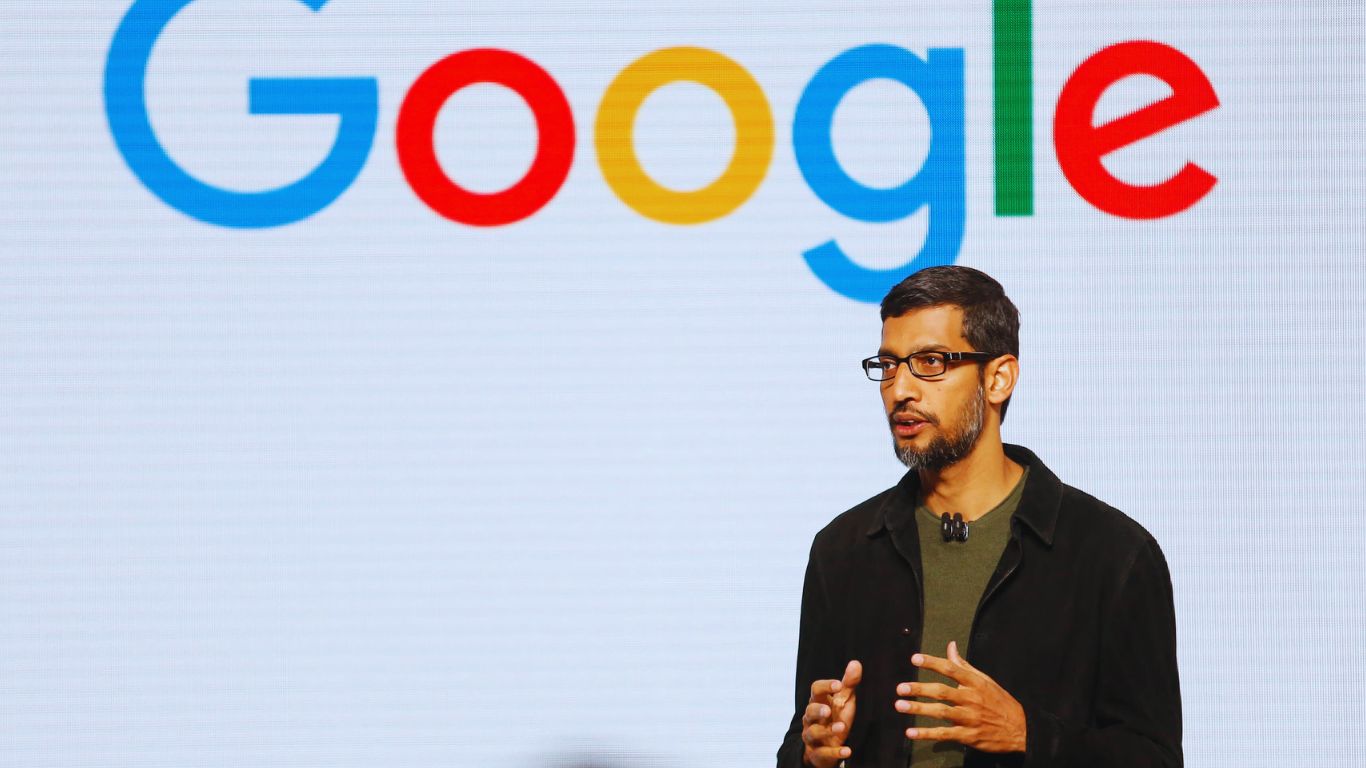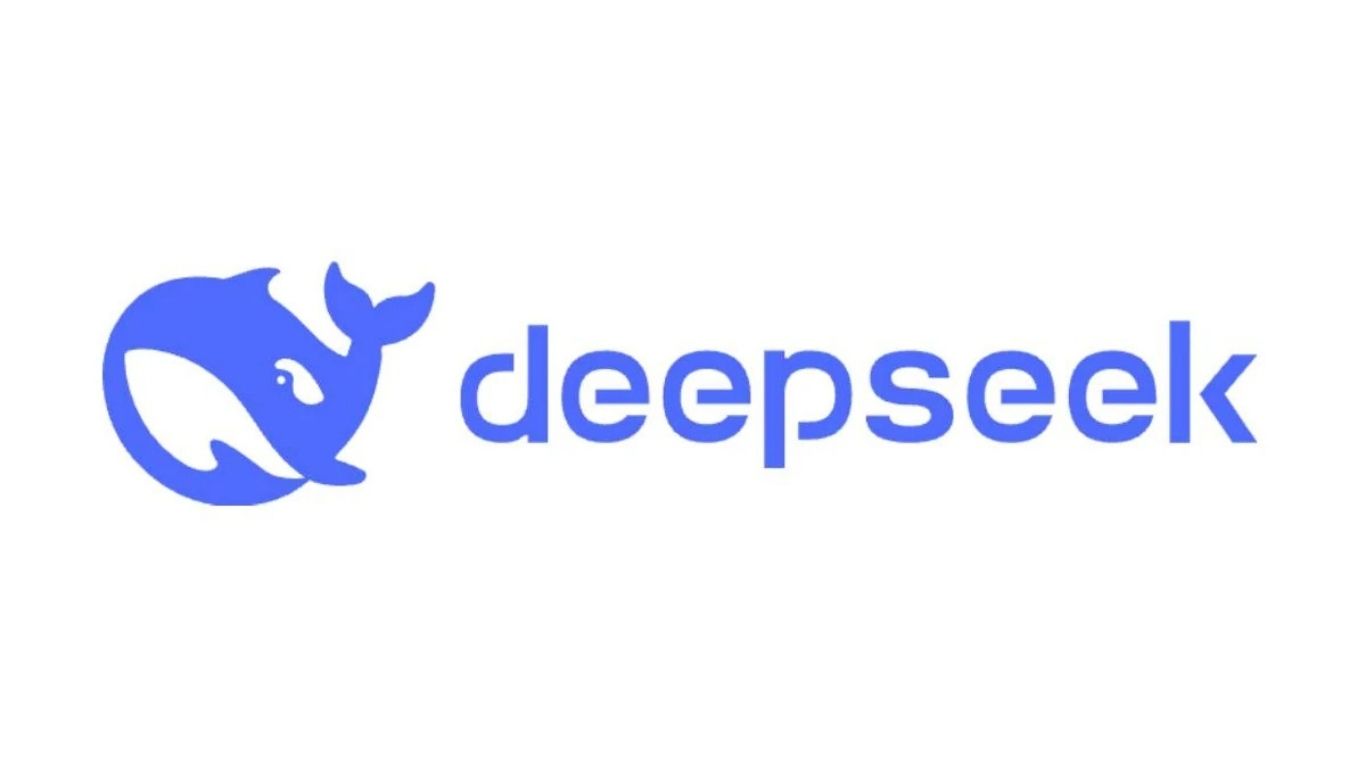Google CEO Sundar Pichai has expressed a cautious outlook on the immediate future of AI development, predicting that the rapid progress seen in recent years may slow down in the coming months. Speaking at the DealBook Summit, Pichai emphasized that while AI tools like ChatGPT, Google Gemini, and Meta’s Llama will continue to evolve, significant breakthroughs will require deeper innovation, which could take more time.
AI Progress: The Current State
The past year has been monumental for artificial intelligence. Major tech brands have integrated AI tools into everything from smartphones to smartwatches, often through partnerships with platforms like ChatGPT or similar alternatives. However, Pichai’s remarks suggest that the industry has now reached the limits of “low-hanging fruit,” where further developments will become increasingly challenging.
Challenges Hindering AI Breakthroughs
Pichai identified key challenges slowing down AI advancements:
- Technical Barriers: Current AI systems face limitations in contextual understanding, reasoning, and creativity.
- Ethical Concerns: Issues such as bias, privacy, and job displacement must be addressed as AI grows more powerful.
- Data Quality: High-quality, diverse datasets are critical to training effective AI models.
- Resource-Intensive Research: Achieving the next stage of AI will require massive investments and years of focused research.
Differing Opinions in the AI Industry
Not everyone shares Pichai’s cautious outlook. OpenAI CEO Sam Altman, for instance, remains optimistic about the pace of AI innovation. Responding to recent skepticism, Altman stated, “There is no wall,” suggesting that breakthroughs will continue without significant slowdowns.
However, behind the scenes, reports indicate that companies like OpenAI, Google, and Anthropic are facing difficulties in meeting internal AI development milestones. Even Microsoft CEO Satya Nadella compared AI’s growth to the Industrial Revolution, noting that true transformation takes time to mature before significant breakthroughs occur.
What to Expect in 2025
While AI will undoubtedly continue to improve incrementally, Pichai believes we are entering a period of slower progress. The advancements seen over the past year may not be replicated at the same pace unless deeper breakthroughs occur. Key areas for improvement include:
- Enhancing error reduction in AI reasoning.
- Achieving more reliable and accurate AI outputs.
- Balancing innovation with ethical AI development.
Sundar Pichai’s caution reflects the complex realities of AI development. While the industry has made remarkable progress, reaching the next stage of transformative AI will require significant investment, time, and innovation. As tech leaders navigate these challenges, incremental advancements are expected to define AI growth in 2025.
The debate continues, with some leaders like Sam Altman maintaining optimism about AI’s limitless potential. Nevertheless, Pichai’s insights offer a pragmatic view, underscoring the need for realistic expectations as the industry tackles its toughest challenges yet.















